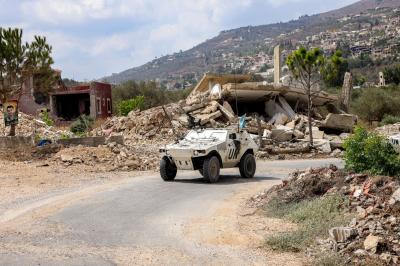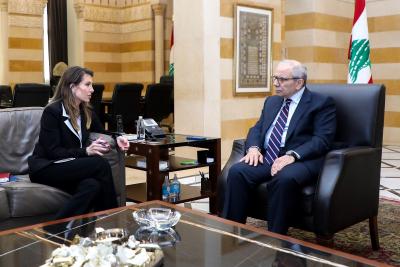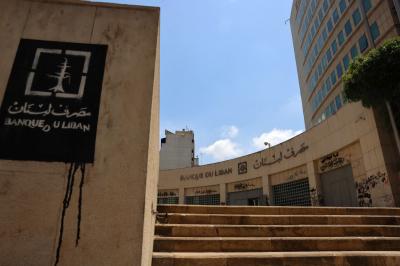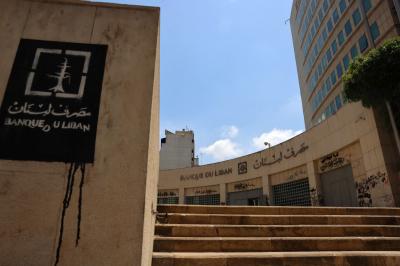Imagine, for a moment, that the Cabinet had not yet finished deliberating on the matter of monopolizing and regulating arms under state authority, choosing instead to wait until all ministers were present. Would life grind to a halt? Would the situation collapse? Or would any political camp be able to claim victory?
The reason for raising this question lies in the political and media frenzy that, since the start of the month, has exceeded all bounds—painting today’s Cabinet session as though it will decide the fate of the nation and its people.
Politicians, the media, and social platforms alike bear collective responsibility for this daily injection of rhetoric, which has fostered a fabricated political and national climate. This climate is being driven by conflicting agendas that manufacture events and excuses to entrench their positions.
Anyone following the news, analyses, opinions, proposals, and calls to action in the media and on social networks could easily believe that the country is already at war. One side accuses the other of serving Israel’s objectives. Another claims that a particular faction is holding the state hostage and obstructing its development. A third charges others with negligence and failing to keep promises.
The rhetoric has escalated to a point where some actors have abandoned all sense of decorum, resorting to slander and insults. Some have even gone so far as to accuse specific officials—both elected and appointed—of treason and foreign allegiance. Through it all, the Ministry of Information stands by, watching under the pretext of safeguarding freedoms, even though some of what has been written, broadcast, or published falls squarely within the scope of the law.
In essence, the authorities—under both internal and external pressure—have resolved to show they are capable of making decisions. On the other side, those affected by such decisions have chosen resistance and defiance.
There is no doubt that, at the end of the day, the Cabinet can only remain faithful to the promised program on which it earned the Parliament’s confidence. The momentum provided by the President will inevitably lead to the implementation of pledges made in his inaugural address.
Whatever decisions the Cabinet takes in today’s session, they will take time to implement. Life will not stop in the meantime—and the relentless media hype must stop, if only out of consideration for the public.
But while all eyes are fixed on the arms issue, Lebanese citizens are burdened with pressing daily hardships that cannot wait for the government to enforce arms monopolization.
We will not list every challenge or cause of suffering. But what, for instance, prevents the authorities from enforcing traffic laws—especially when it comes to mobile phone use while driving, which is a frequent cause of fatal accidents? Or from addressing the chaos of double and triple parking that clogs the roads, drivers going against traffic, or the unchecked dominance of motorbikes that treat streets as their personal property? Or the blatant disregard for traffic lights?
What prevents serious work from resolving the chronic water and electricity shortages? The energy minister is known for his expertise and integrity, yet we still do not know his plan for tackling the crisis he warned us about—namely, the looming drought.
Is it possible to know what plans the Ministry of Public Works or the Ministry of Telecommunications has for the remainder of the government’s term? What about the Ministries of Agriculture, Industry, Tourism, or Health?
And can we find out how long the state will continue its blatant exploitation—collecting taxes and fees at the prevailing, unofficial dollar rate, while forcing cash-strapped citizens to withdraw their own money at the official exchange rate, which is six times lower than the real rate?
Yes, the issue of arms and their monopoly under state authority is a fundamental one. But we hope that all this noise and rhetoric is not simply a cover meant to buy time until the regional dust settles.
Please post your comments on:
[email protected]
 Politics
Politics













